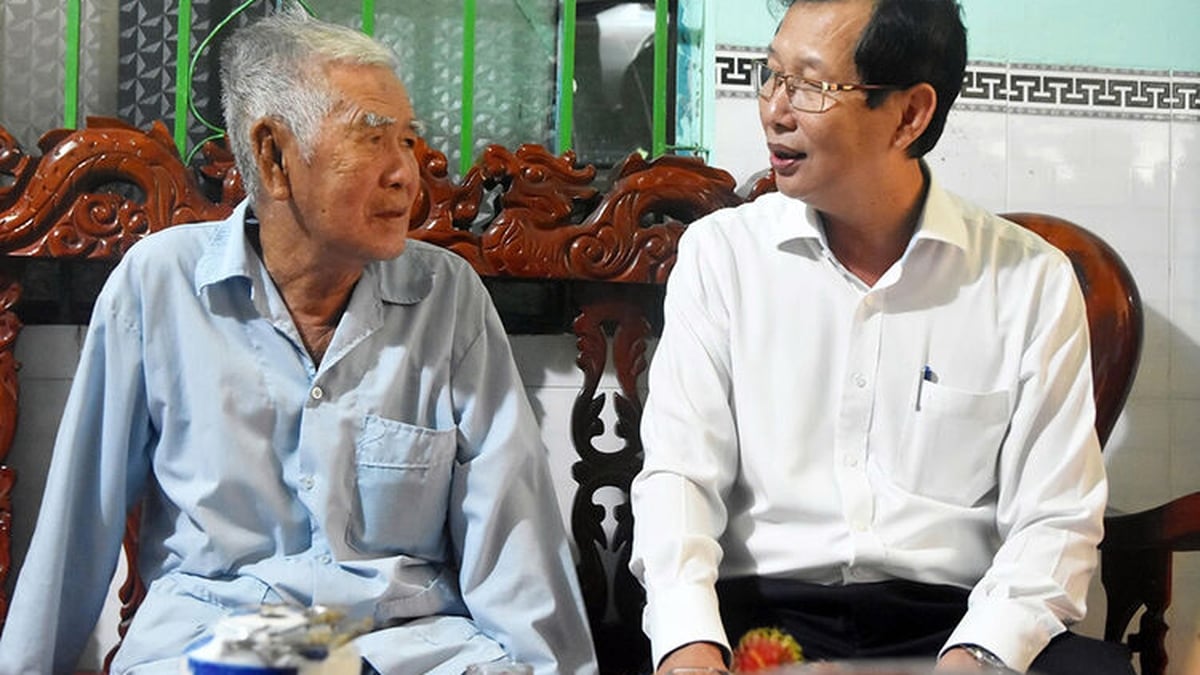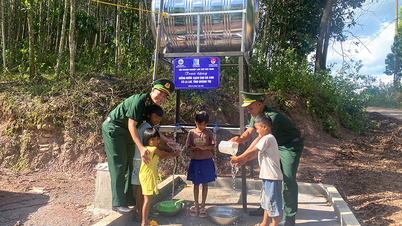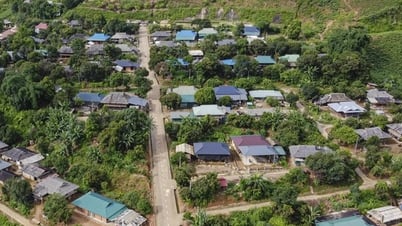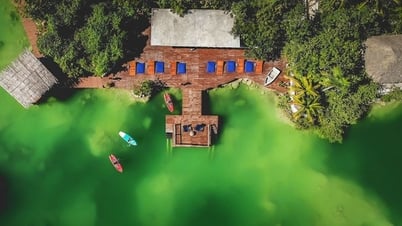According to WHO, using this vaccine could give countries a cheaper and more readily available option than the world's first vaccine against malaria.
The second vaccine, called R21/Matrix-M, developed by the University of Oxford in the UK, could be used to curb the deadly and highly contagious disease spread to humans by certain species of mosquitoes, the announcement said on October 2. The recommendation comes nearly two years after the WHO called for the use of the world's first malaria vaccine, RTS,S.
Speaking at a press conference in Geneva, Switzerland, WHO Director-General Tedros Adhanom Ghebreyesus said the United Nations health agency has approved a new malaria vaccine, based on advice from two expert groups, to prevent children from contracting the disease.
“As a malaria researcher, I used to think that one day we would have a safe and effective malaria vaccine. And now we have two,” said Tedros.
According to Mr. Tedros, this vaccine will be distributed in these African countries in early 2024 and will be available in other countries by mid-2024. The WHO head also added that each dose of the vaccine will cost between 2 and 4 USD.
Mr. Tedros said that WHO is currently carrying out the necessary procedures to allow the Global Vaccine Alliance (GAVI) and the United Nations Children's Fund (UNICEF) to purchase vaccines from manufacturers.
GAVI estimates that the organization and its partners expect to receive requests for up to 60 million vaccine doses per year by 2026. This number is expected to increase to 100 million doses by 2030.
The R21/Matrix-M vaccine is currently being mass produced by the Serum Institute of India and has been approved for use in Burkina Faso, Ghana and Nigeria. The University of Oxford developed the new vaccine with the help of the Serum Institute of India. Research shows that the new vaccine is more than 75% effective and protection lasts for at least another year with a booster dose.
However, Tedros noted that the two existing malaria vaccines, RTS,S and R21/Matrix-M, will not end malaria transmission, and vaccination campaigns alone will not be enough to stop the disease. Efforts to contain malaria are also being complicated by growing reports of resistance to key drugs used to treat malaria and the spread of invasive mosquito species.
Dengue fever is caused by the Dengue virus (dengue hemorrhagic fever, DHF or Dengue fever). Dengue fever is common in tropical and subtropical climates, and is a viral infection transmitted to humans from mosquitoes. Dengue fever occurs year-round and peaks during the rainy season, the mosquito breeding season./.
Source link






























































![[Maritime News] More than 80% of global container shipping capacity is in the hands of MSC and major shipping alliances](https://vphoto.vietnam.vn/thumb/402x226/vietnam/resource/IMAGE/2025/7/16/6b4d586c984b4cbf8c5680352b9eaeb0)






































Comment (0)